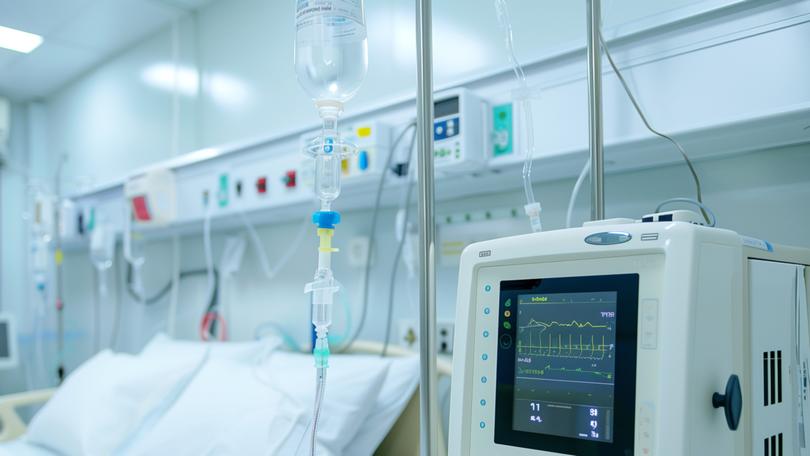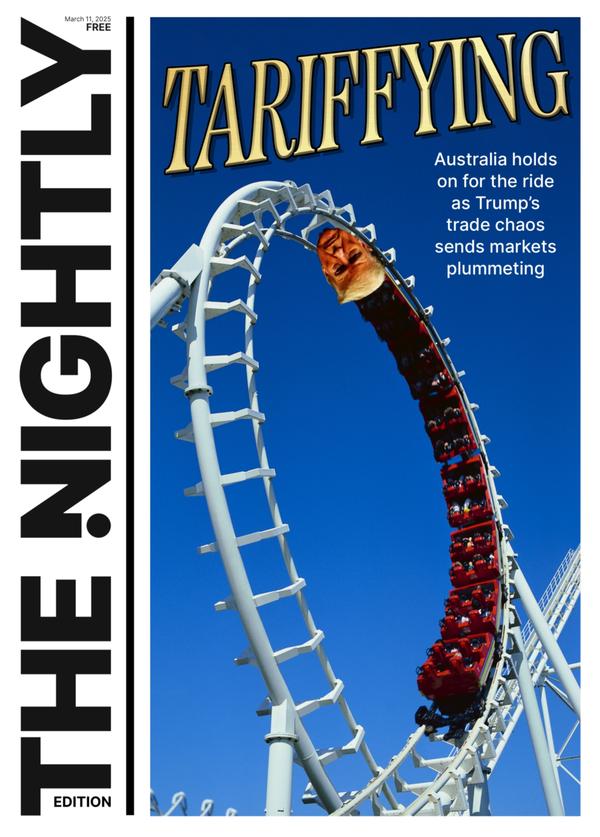Fear surgeries will be cancelled over ‘unprecedented’ IV fluid shortage

Surgeries at Australian hospitals could be cancelled as soon as next week due to an “unprecedented” shortage of intravenous fluids.
Australian Medical Association president Professor Steve Robson warned supply concerns in all states and territories could have bigger implications than COVID restrictions.
Manufacturing issues and unexpected increases in demand are behind the global shortage of multiple intravenous fluid products, according to the Therapeutic Goods Administration.
Sign up to The Nightly's newsletters.
Get the first look at the digital newspaper, curated daily stories and breaking headlines delivered to your inbox.
By continuing you agree to our Terms and Privacy Policy.Intravenous fluids are common medications that contain saline and sometimes other additives used in both routine and critical medical care such as surgery or resuscitation.
Several state health departments have warned of supply disruptions, including NSW Health which issued a safety alert over critical shortages from mid-July.
Professor Robson said imminent shortages from next week flagged by local health authorities are yet to be experienced, but they could have huge implications across the health sector.
“The health system potentially could come to a grinding halt next week if intravenous fluid isn’t available,” he told AAP on Friday.
The surgeon said he was scheduled to perform procedures next week but they would not go ahead if he did not have intravenous fluids.
“That would affect every surgeon, every anaesthetist and every patient awaiting surgery in the country; that has potentially bigger implications than the COVID restrictions,” he said.
“COVID restrictions were around staffing and preserving protective equipment, there was no shortage initially of supplies, but this kind of supply constraint is unprecedented.
“It would affect anesthesia, surgery, chemotherapy, emergency departments, managing people with acute infectious illness in hospital ...paediatric intensive care, the number of patients potentially affected would be unbelievable.”
Prof Robson said if the situation played out as predicted then fluids would need to be reserved for the most urgent cases and everything else would have to stop.
“All of these things we take for granted, like a safe birth, they could have suddenly a big shadow cast over,” he said.
The TGA expects supply constraints to last for the rest of 2024 and in an effort to improve the situation has allowed multiple overseas-registered alternative saline fluids to be imported.
“The TGA is working closely with state and territory health departments, who directly manage supply in public hospitals in their jurisdictions,” a spokesperson said in a statement.
“We advise them when new suppliers are approved to import overseas products to assist in their ordering.”
The regulator said it is working, with the three Australian fluid product suppliers to monitor the situation and address any barriers.
